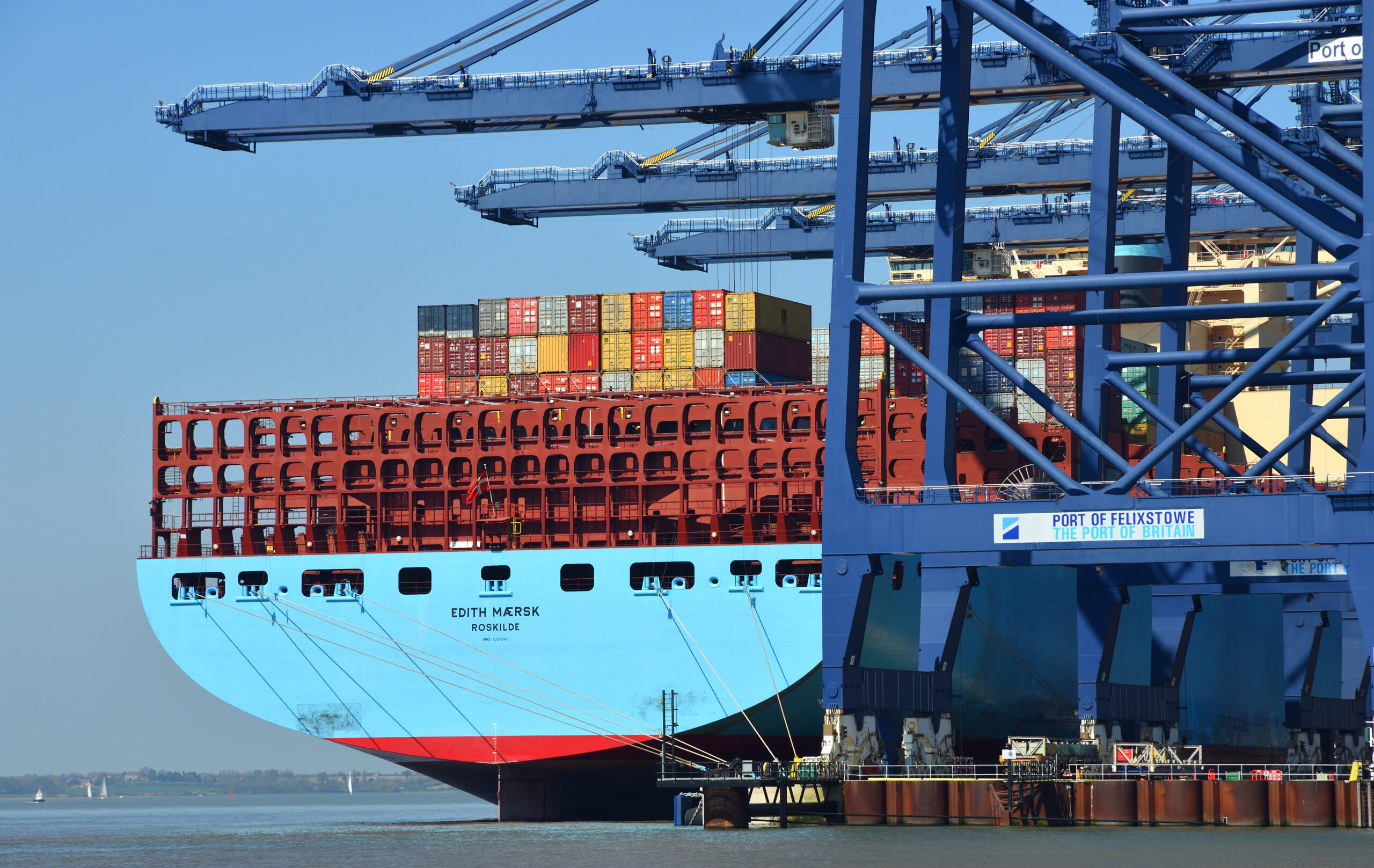SK Incheon Petrochem, a subsidiary of the SK Group, has commenced the commercial supply of South Korea’s first domestically produced B30 marine biofuel. Distribution of the fuel, which consists of 70% straight run fuel oil (SRFO) blended with 30% bio-based components supplied by JC Chemical, began on 26 April 2025.
Developed in collaboration with SK Innovation’s environmental research division, this fuel complies with ISO 8217 marine fuel specifications and has been certified by the International Sustainability and Carbon Certification (ISCC EU), which validates the fuel’s environmental performance within internationally recognised sustainability frameworks.
SK Incheon Petrochem reports that the B30 blend achieves a 25% reduction in carbon emissions relative to conventional marine fuel, making it a viable transitional solution that aligns with the International Maritime Organization’s (IMO) greenhouse gas (GHG) intensity objectives of a 21% reduction by 2030, relative to 2008 levels.
The introduction of a South Korean B30 fuel represents a significant development in Asia’s capabilities for producing low- and zero-carbon marine fuels. SK Incheon Petrochem’s strategy is to scale-up the supply of B30 regionally, beginning with ports along Korea’s West Sea coast, before targeting wider expansion into the global marine fuel market.
This investment is part of South Korea’s broader initiative to strengthen its position in the low- and zero-carbon fuels market and reduce its reliance on conventional fossil-based marine fuels. The approach leverages existing refining infrastructure to deliver near-term emissions reductions.
Yoon Young-ho, Head of the B2B Business Office at SK Incheon Petrochem, commented: ‘We aim to provide next-generation fuel that combines environmental benefits with superior quality to domestic and international shipping companies through a stable supply system. We expect that biofuel-blended marine fuel will establish itself as a sustainable energy transition model for the shipping industry to address greenhouse gas regulations.’
The adoption of high-blend biofuels, however, is currently constrained by several factors. The sustainability and traceability of bio-based feedstocks present significant challenges for suppliers, as do the emissions intensity of upstream production and the degree to which these fuels are recognised within regulatory frameworks, such as the EU Emissions Trading System (ETS) and the IMO’s carbon intensity indicators (CII). Wider market integration will depend on producers’ ability to demonstrate comprehensive lifecycle emissions reductions within verified carbon accounting methodologies.



